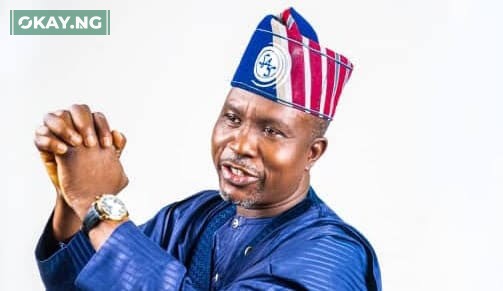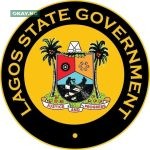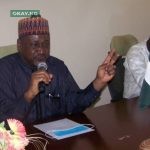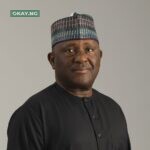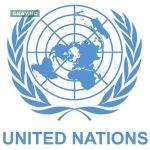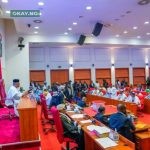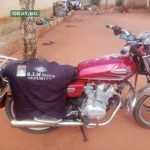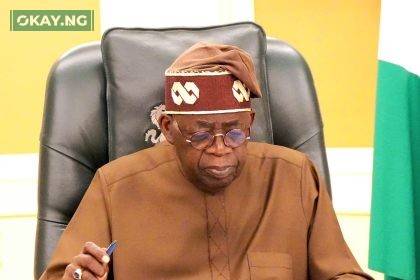Senator Shuaib Salisu, representing Ogun Central, has expressed deep concern over the falling number of pupils enrolling in schools across Ogun State, okay.ng reports.
Speaking at a two-day capacity-building workshop held at Ake Palace, Abeokuta, the Senator urged traditional rulers, parents, community leaders, government officials, and advocacy groups to unite in addressing this alarming trend.
The workshop, themed “Role in Ensuring Improved Enrolment of Students in Secondary Education,” was organized by Senator Salisu in collaboration with the National Secondary School Commission and development partners. As Chairman of the Senate Committee on ICT and Cyber Security, Salisu described education as “the most sustainable form of empowerment” and warned that without urgent intervention, the region faces a serious future threat.
He lamented the dwindling enrolment at the secondary education level in Ogun Central, noting, “Our royal fathers are closer to the people than any institution of government and if their influence is properly harnessed, it can drive the change we need.” Salisu further highlighted Ogun Central’s historic educational prominence, recalling it produced Nigeria’s first Chief Justice and first lawyer, but cautioned, “The enrolment trend is going down. In 10 years, 20 years time, are we going to be able to say as Ogun State or as Ogun Central that we are still in preeminent position as we used to be?”
He implored traditional rulers to become champions of educational advancement to reverse the negative trend.
In response, the Alake of Egbaland, Oba Adedotun Gbadebo, endorsed education as the genuine tool for development and emphasized the role of traditional rulers as role models in shaping the character of young people. He praised Senator Salisu for initiating the workshop and recognizing the critical role monarchs can play in boosting school enrolment.
The state Commissioner for Education, Science and Technology, Prof. Abayomi Arigbabu, also spoke at the event, reaffirming education as the cornerstone of sustainable development and the most powerful weapon against poverty, ignorance, and inequality. He acknowledged ongoing challenges in enrolment, retention, and learning outcomes, particularly in rural and disadvantaged communities, despite government efforts.


